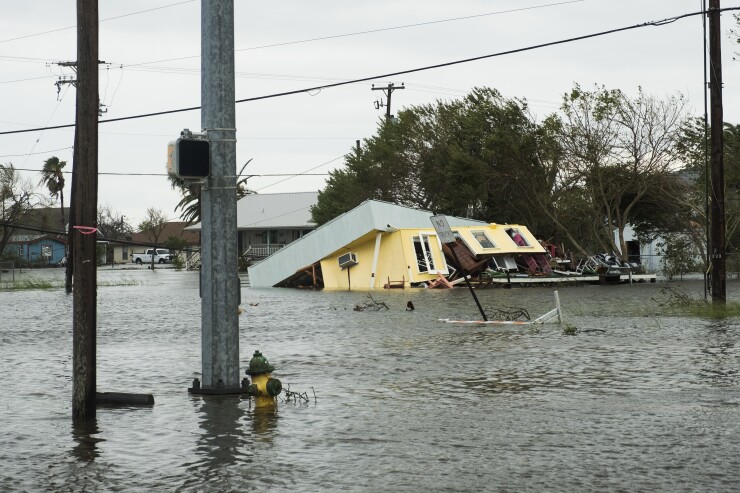Many victims of Hurricanes Harvey, Irma or Maria may be able to deduct greater portions of hurricane disaster losses that occurred in Florida, Georgia, Texas, Puerto Rico or the U.S. Virgin Islands because part of the usual casualty loss limit does not apply, the IRS said – and some may be able to do so earlier than they might have expected.
The Disaster Tax Relief and Airport and Airway Extension Act of 2017 provides additional relief to many, but not all, victims of the above hurricanes. As an alternative to claiming hurricane disaster losses by reporting them on their 2017 federal tax return, many victims can choose to claim hurricane disaster losses sooner by reporting them on their 2016 federal tax return if they have not yet filed or by amending their 2016 tax return if they already filed it in 2017.
Separately, the IRS issued






